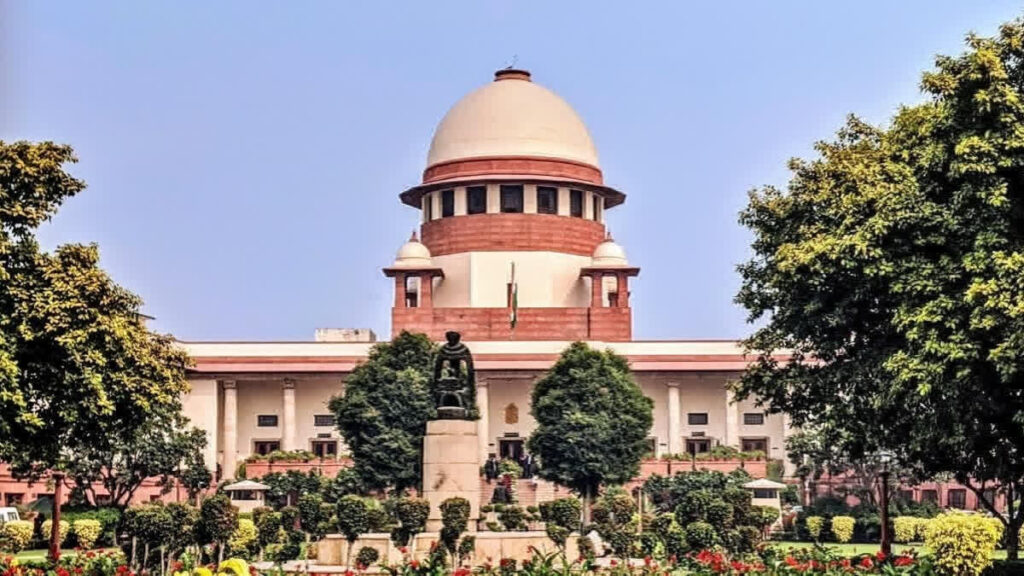Jahanvi Agarwal
On 5th February 2024, the Supreme Court issued a notice on the State of Haryana’s plea, challenging the Punjab and Haryana High Court’s order which declared 75 percent domicile reservation for locals in the private sector with a monthly salary below Rs 30,000 as unconstitutional.
The bench, comprising Justices P S Narasimha and Aravind Kumar, issued notices to industry associations in response to the petition contesting the High Court’s verdict, which invalidated “The Haryana State Employment of Local Candidates Act, 2020” on November 17, 2023.
The High Court emphasized that discriminating against individuals based on their non-residency in a particular state is not permissible. The legislation sought to reserve 75% of jobs in the private sector with a monthly salary below Rs 30,000 (originally Rs 50,000) for residents of Haryana. It was passed by the Haryana Assembly in November 2020.t
The law faced opposition from entities like the Faridabad Industries Association and other Haryana-based associations.
These associations argued that Haryana’s attempt to implement a policy of “sons of the soil” in the private sector infringed upon the constitutional rights of employers. The High Court particularly scrutinized Sections 6 and 8 of the Act, which mandated quarterly reporting by employers on local candidates employed and authorized officers to verify compliance, labelling these provisions as indicative of an “Inspector Raj” regime. Additionally, the court expressed concern that the Act’s provision granting immunity to designated officers acting in “good faith” hindered employers’ ability to challenge potential violations.
The Court also said that the State “cannot as such discriminate against the individuals on account of the fact that they do not belong to a certain State”.
By asserting the State’s overreach in exerting control over private employers, the High Court highlighted the infringement on individual’s rights guaranteed under Article 19(1)(g) of the Constitution. Moreover, it reiterated that discrimination based on residency status is impermissible under constitutional principles.

